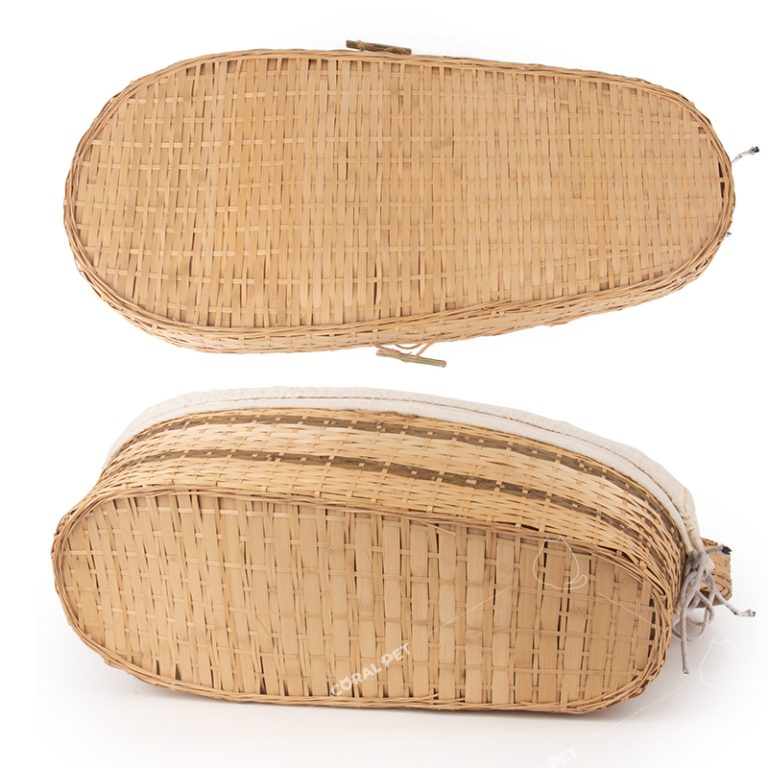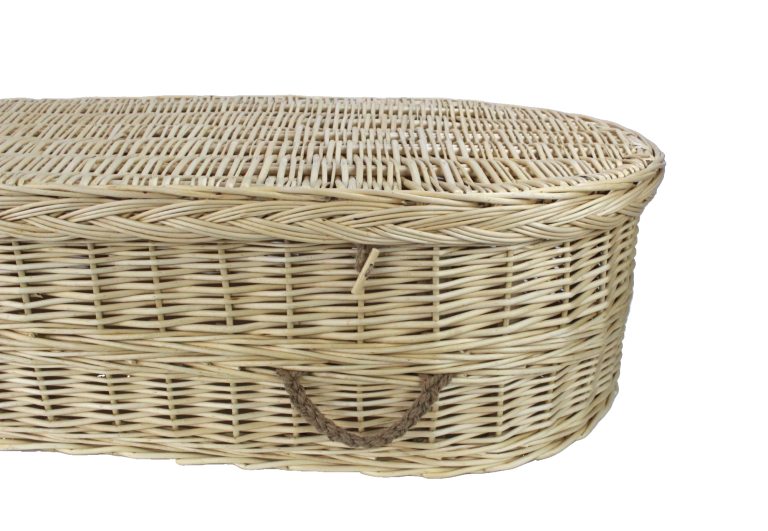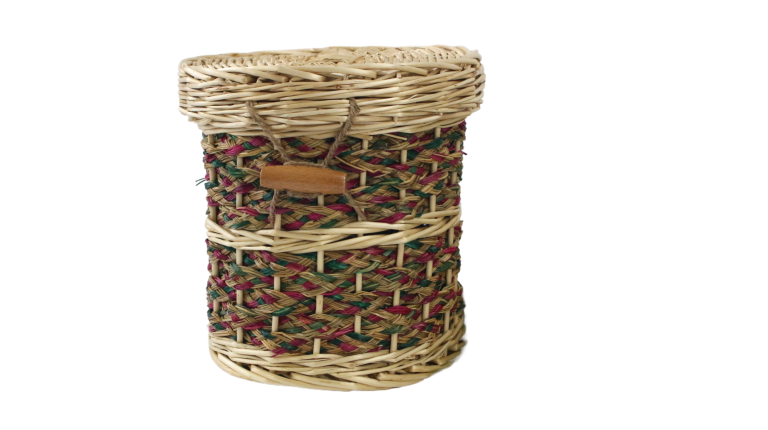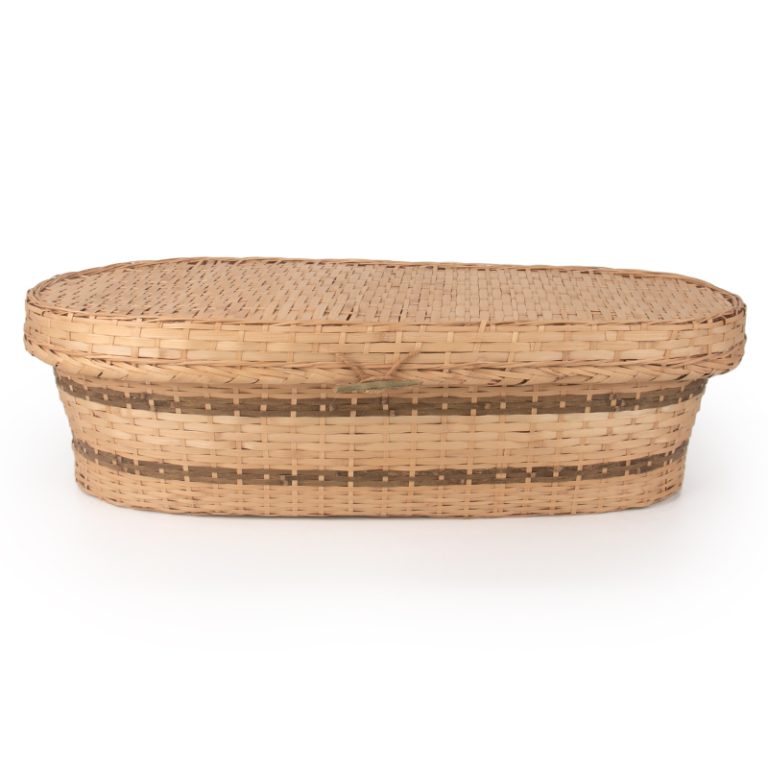The bamboo coffin industry has emerged as a leader in the global green funeral market due to its environmentally friendly nature, and its sustainable development practices are injecting vitality into the industry. As a renewable resource, bamboo has a short growth cycle (3-5 years) and a carbon footprint far lower than wood and metal. Major producing countries such as China and Vietnam utilize abundant bamboo forests and employ low-energy hand-weaving techniques, keeping production costs at $50-150, offering both economic and ecological advantages compared to traditional wooden coffins (which cost $500-2000). Companies such as Sichuan Wannuo New Materials Co., Ltd. in China are optimizing production processes through bamboo fiber technology, reducing waste and improving resource utilization. Manufacturers in the EU and Australia are promoting FSC certification to ensure sustainable bamboo sourcing and meet consumer demand for environmentally friendly products. Furthermore, some companies are exploring the integration of bamboo coffins with biodegradable linings to further reduce environmental impact.
However, the industry faces multiple challenges to sustainable development. The uneven distribution of bamboo resources has led to supply chain bottlenecks, and European and American countries rely on Asian imports, increasing transportation emissions and costs. High certification costs make it difficult for small and medium-sized manufacturers to afford international standards like FSC, limiting their market competitiveness. Cultural differences also pose a significant barrier, such as the cremation tradition in India and the preference for luxurious coffins in parts of the United States, hindering the widespread adoption of bamboo coffins. Furthermore, climate change threatens bamboo forest ecosystems, impacting the quality and supply stability of bamboo. The reliance on aging artisans for manual craftsmanship also poses a risk to the transmission of this expertise.
To address these challenges, the industry needs to adopt a multi-faceted approach. Technological innovations, such as machine-assisted weaving and bamboo fiber composites, can improve production efficiency and reduce costs. Government support, such as China’s “Bamboo for Plastic” program and the EU’s Green Burial Policy, provides funding and market incentives for the industry. Training young artisans and promoting sustainable bamboo forest management will ensure the long-term supply of resources and skills. By deepening global collaboration and consumer education, the bamboo coffin industry has the potential to overcome these challenges and become a model for sustainable green burial practices.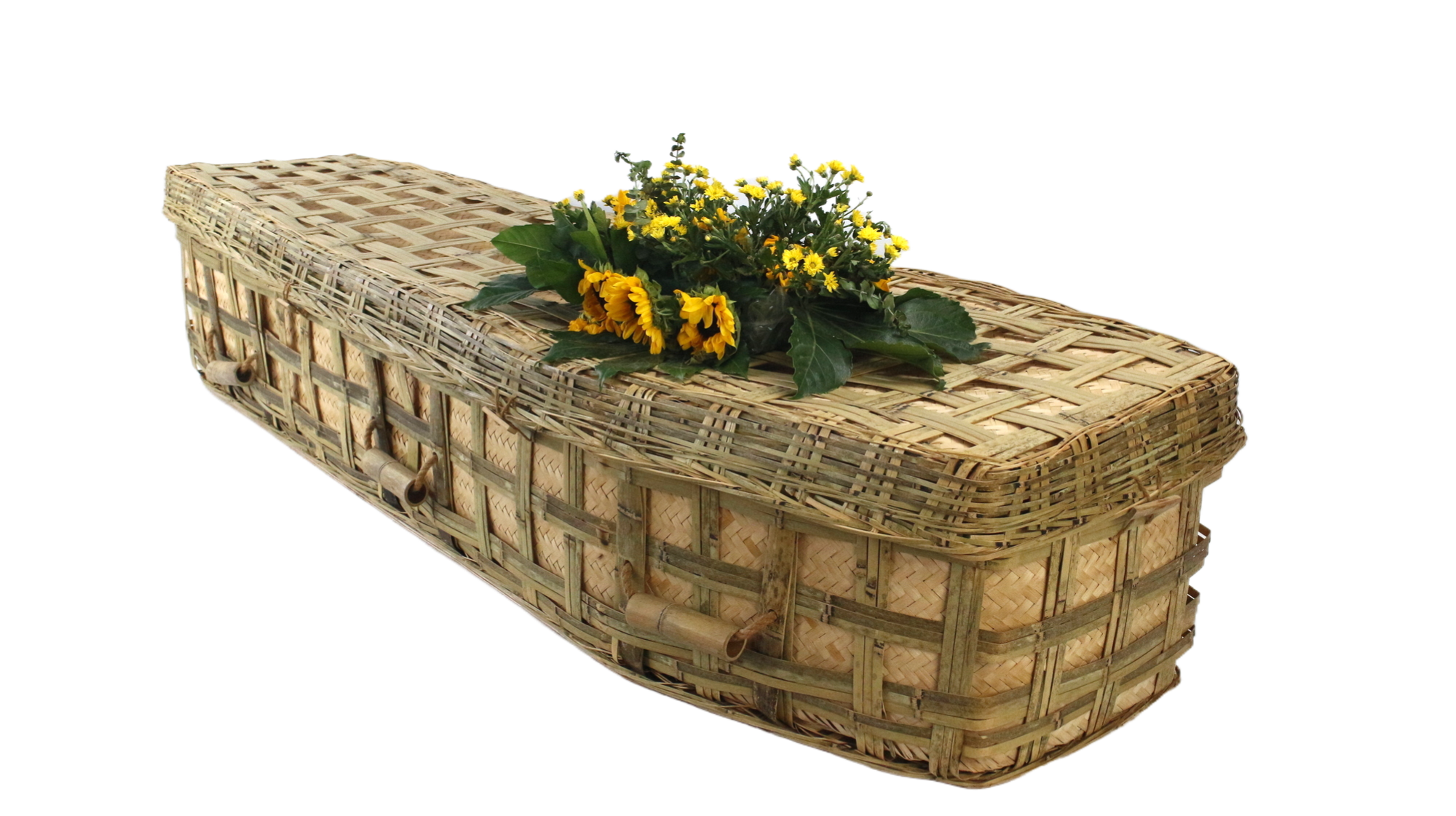
We are a factory supporting eco friendly green funeral(natural willow coffins\bamboo caskets and so on) .. for detail please contact us www.roconly.com;
Roconly Funeral Supplies Co.,Ltd.
https://roconly.com/
Whatsapp: +86-18265103836 (Whatsapp & Wechat & Tel)
Email: jason@roconly.com
willowcoffin#greencoffins#bamboocaskets#urns#naturalcoffins#chinafactory#scattertube#naturalburial#FuneralSupplies#cross#flowerbands#shrouds #carrierfuneral
Choosing these personal touches for your own, or a loved one’s, coffin brings you into closer connection with this aspect of your/their end of life #naturalburial #coffin #natural #bamboo #willow#wovenwillow#wovencoffins #handmadecoffin #biodegadable @everyone@followers
